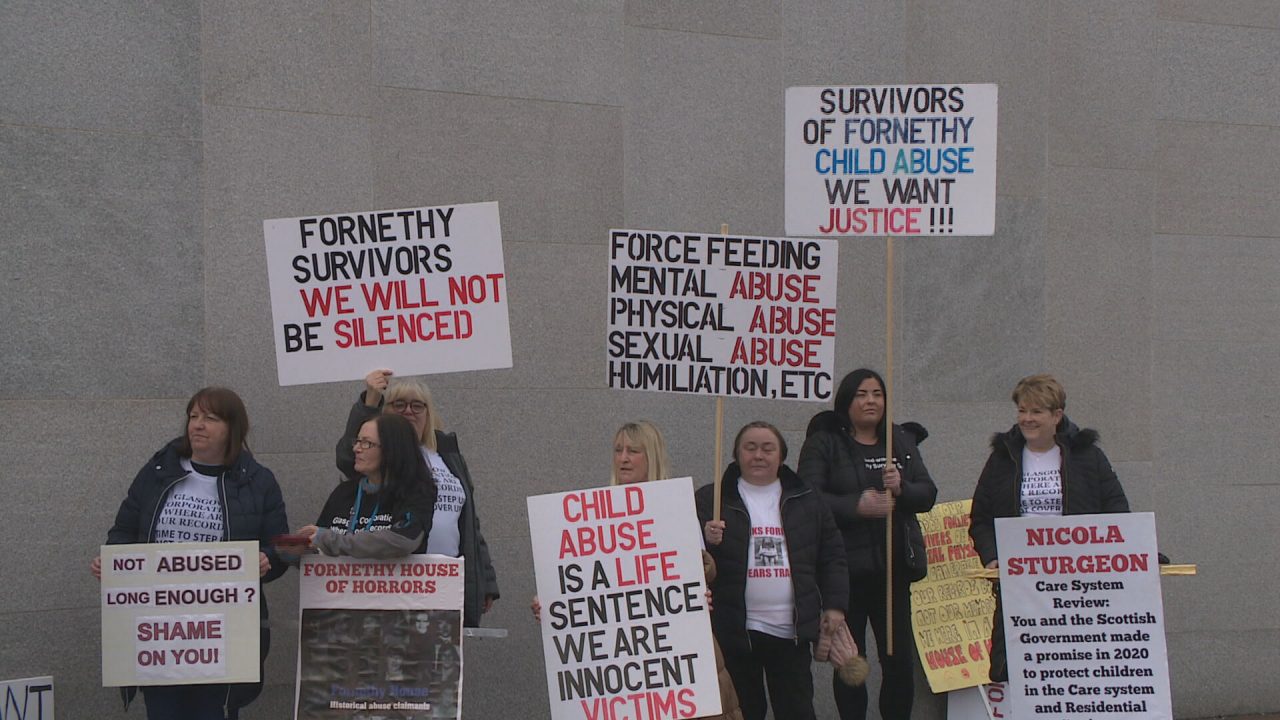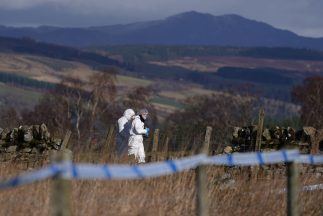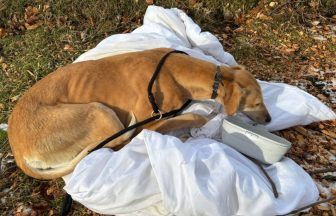Survivors of abuse perpetrated at Fornethy House will not be able to apply for compensation from a Scottish Government scheme, the Deputy First Minister has said.
As of last year, more than 200 women had come forward with allegations of abuse at the residential school in Kilry, Angus, in the 1960s and 70s.
Thousands of girls from disadvantaged backgrounds were sent to Fornethy House for “short-term respite care” by Glasgow City Council – known then as Glasgow Corporation.
In 2022, a group of survivors filed a petition with the Scottish Parliament which would allow them to be included in the Redress Scotland scheme, which offers up to £100,000 in compensation for those abused in residential care before 2004.
But appearing before the Parliament’s Citizen Participation and Public Petitions Committee on Wednesday, Shona Robison said the scheme could not cover those from Fornethy House.
Speaking as a group of survivors looked on from the public gallery, Ms Robison said the scheme is intended for those in long-term residential care and that Fornethy House records had been destroyed, meaning survivors were unlikely to meet the evidentiary requirements for compensation.
“For all of these reasons I do not intend to change the eligibility criteria for the scheme,” she said.
“I recognise that the outcome of the inquiries will be disappointing to those survivors who seek redress.”
SNP MSP Fergus Ewing asked the Deputy First Minister if she agreed she was committing a “manifest injustice” by not allowing the survivors access to the scheme.
Pressed by her fellow party member, Ms Robison said both Mr Ewing and Conservative MSP Oliver Mundell – who also sat on the committee on Wednesday – were members of the education committee which scrutinised the redress scheme before it was passed.
“Those very same issues that I’m articulating here today were articulated by my predecessor (former deputy first minister John Swinney), they were debated, and essentially the decision was unanimous to support the scheme as established,” she said.
Responding, Mr Ewing – who has become a frequent rebel within the SNP in recent years – said: “That doesn’t mean that we can’t put things right now.
“Can we not just admit, be big enough to admit we got it wrong, but put it right – is that not what this Parliament is for?”
The Deputy First Minister said the scheme is “focused” on delivering for those who were abused during long-term care.
Ms Robison also raised the ire of those in the public gallery when she said: “You can’t get beyond the fact that you will be looking at thousands and thousands and thousands of people who had a few weeks at a potential institution who… were placed in Fornethy, but many other institutions who would not have the evidential requirements to come in front of a scheme.
“That would raise expectations for thousands of people when they would not be able to bring evidence in front of the scheme, and I’m afraid we can’t get beyond that those records don’t exist.”
While the Deputy First Minister spoke, one person in the public gallery could be heard describing her comments as “shameful”.
Tory MSP Maurice Golden said it is “irrelevant” how many applications would be made to Redress Scotland if the scheme was extended.
Fellow Tory MSP Mr Mundell also read a quote from Mr Swinney – a champion of the redress scheme – at the education committee last year, where he said Fornethy survivors should be included.
Mr Swinney said: “I reject the idea that the scheme is not for Fornethy survivors; I think that it is possible for Fornethy survivors to be successful in applying under the scheme.”
While he went on to say the scheme was set up for those who were placed in care institutions by the state, Mr Swinney said he found it difficult to reconcile placing a young person in Fornethy House with “some sort of voluntary endeavour”.
Follow STV News on WhatsApp
Scan the QR code on your mobile device for all the latest news from around the country


 STV News
STV News
























